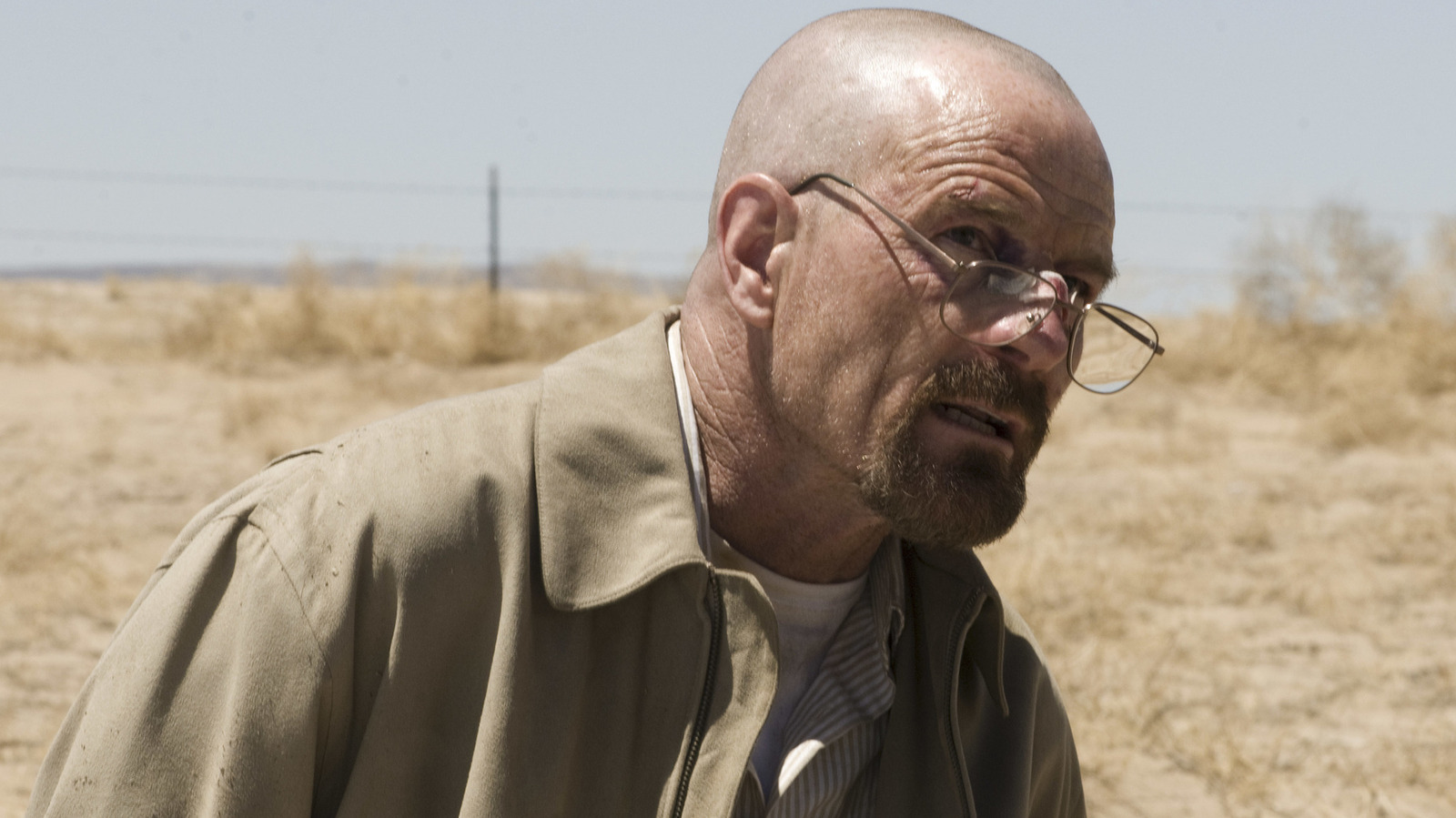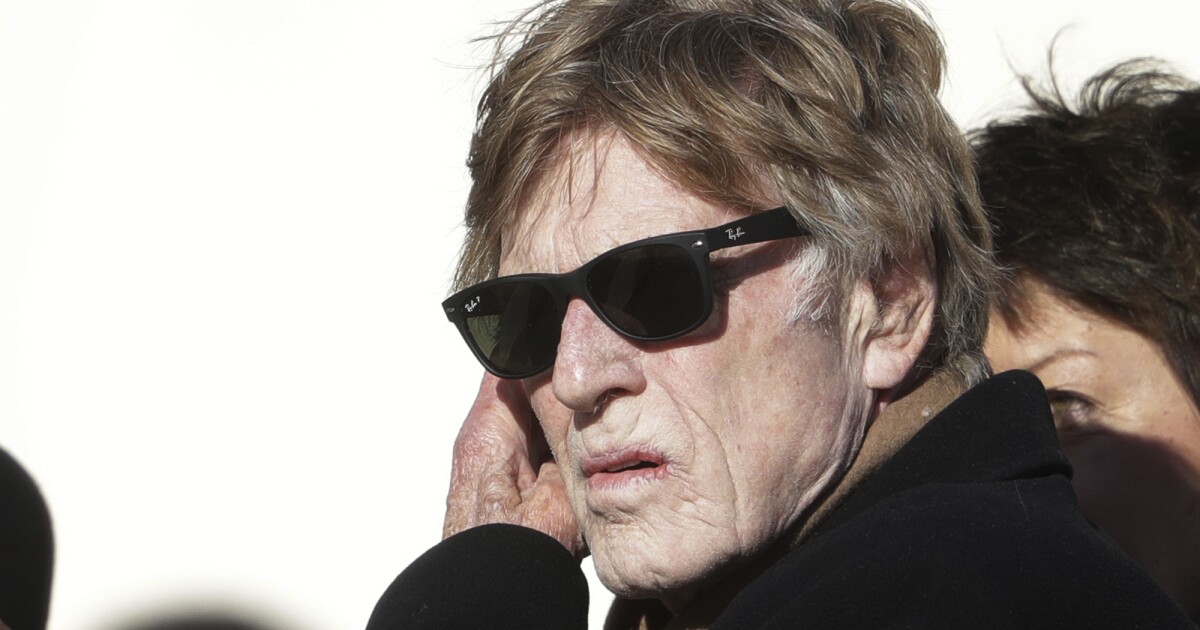By Rafael Motamayor
Copyright slashfilm

Back when “Game of Thrones” concluded its run with one of the most controversial finales in modern TV history, a hot topic of debate amongst fans was whether the fact that showrunners David Benioff and D.B. Weiss knew how the show’s source material ended affected the trajectory of the series and effectively ruined the adaptation. The argument was that “Game of Throne” had already made lots of changes to the story from George R. R. Martin’s original books (mostly due to them having to cover stuff that Martin hadn’t written yet), so much so that suddenly going back to Martin’s initial plan for the final episodes felt abrupt and nonsensical. Would it have been better if Benioff and Weis had come up with a new ending designed specifically for their version of the narrative? We may never know.
Almost a decade earlier, another incredibly popular and game-changing TV drama had an equally hotly-debated ending: “Lost.” The ABC drama changed TV forever with its pilot episode, and by the time the finale arrived, it instantly sparked a whole lot of discussion. In the eyes of many of its critics, the “Lost” finale failed to answer a lot of the questions that the show had previously raised (questions the audience felt were promised to them). However, in the eyes of most of the finale’s defenders, the series has answered the questions it needed to. Most importantly, the episode was focused on the show’s characters and their journeys, which had notoriously changed dramatically from what the “Lost” creatives initially had in mind.
There is no simple answer to this, of course, and no approach works 100% of the time. Sometimes, great TV shows have ended exactly the way their creators originally planned, while other well-regarded series moved ahead without a clear endgame in mind. That includes “Breaking Bad,” widely considered one of the best shows of the 21st century.
In a 2013 article he wrote for Time Magazine, “Breaking Bad” scribe Thomas Schnauz explained why the show was ending. According to him, it was because the series’ staff writers had a hard rule to “never force the characters in any direction but to let them take us there — and Walt was taking us to the end of the road.”



